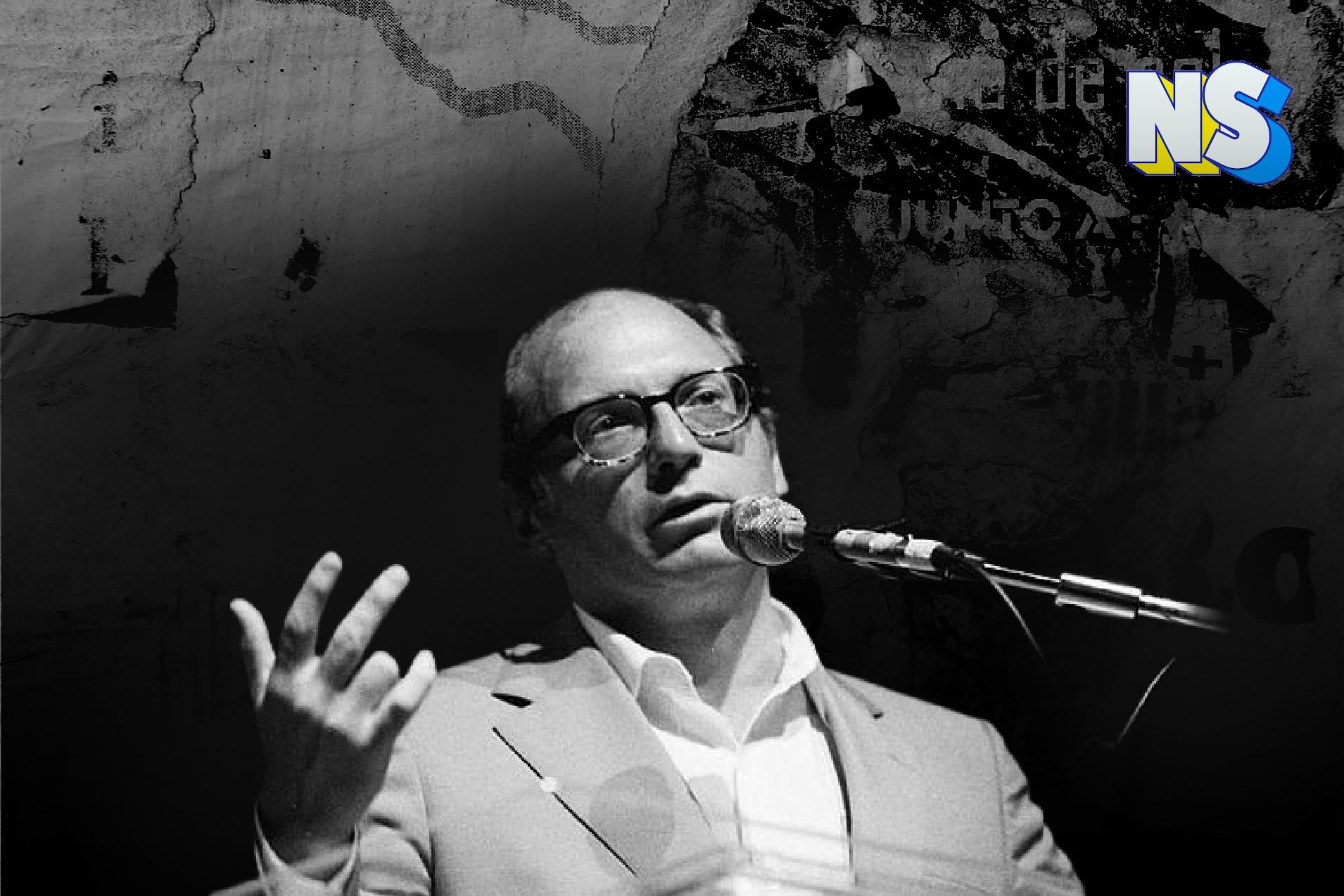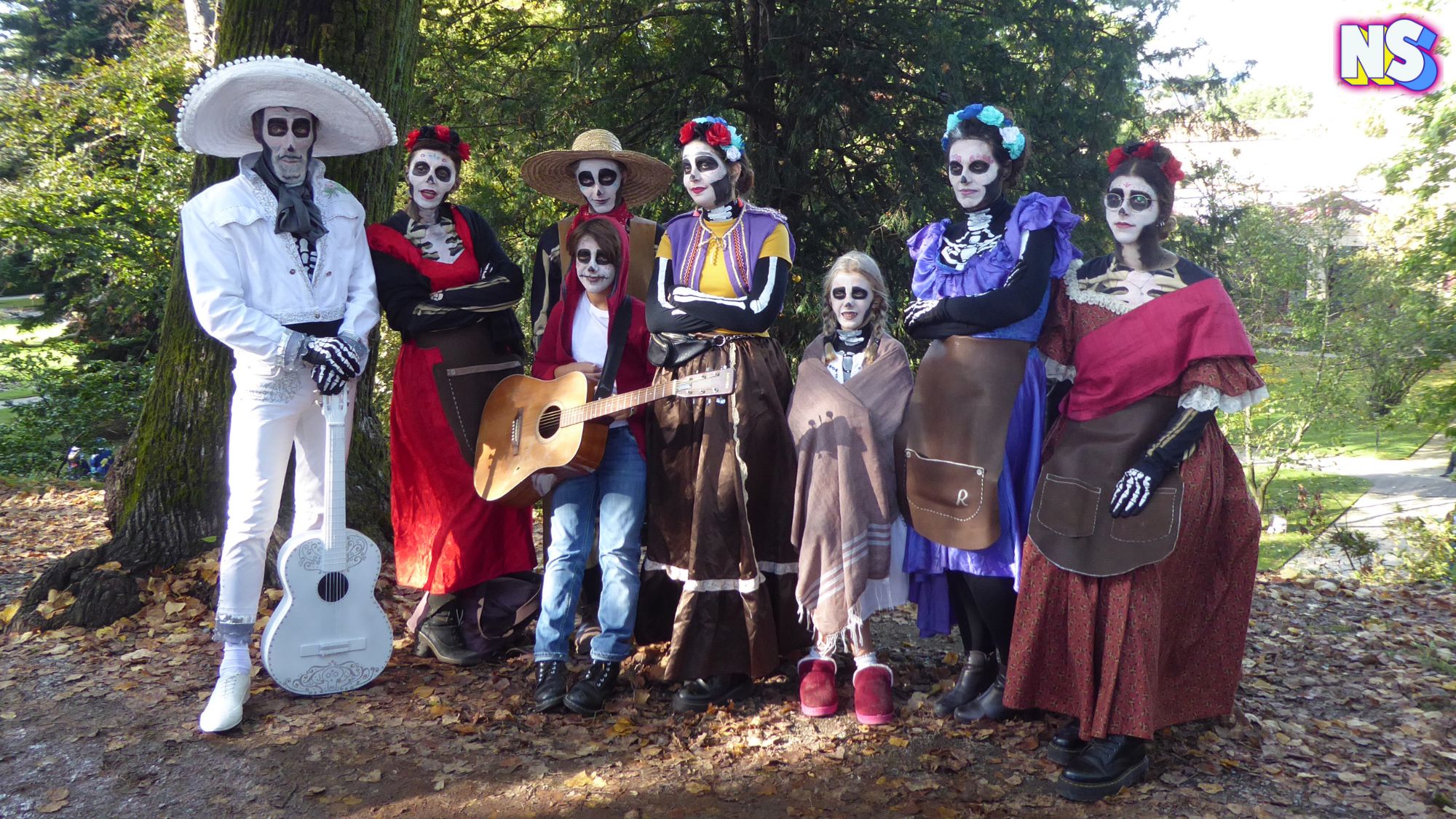Credit: Lorin Granger/HLS Staff Photographer
Step into the captivating world of Oscar Hijuelos, a master of the written word who dared to tread uncharted territories. With his pen as his compass, he embarked on a literary journey that unraveled the intricacies of the immigrant experience and the quest for cultural identity.
Picture this: a vibrant New York backdrop, a Cuban family with dreams of a brighter future. Hijuelos' parents, Pascual and Magdalena, fled their beloved Cuba during the tumultuous Batista reign, seeking refuge in the land of opportunities. It was on American soil, in the heart of New York, that Oscar was born, the product of their unwavering hope.
Determined to nurture their son's connection to his Cuban heritage, the family embarked on sporadic trips back to their homeland, allowing Oscar to soak up the flavors and essence of his roots, even if only in tantalizing glimpses. However, fate took an unexpected turn during one of these voyages. He fell gravely ill, and the road to recovery led him to a small Connecticut town. It was there, in the midst of his healing, that he felt the sting of temporary loss, as the Spanish language slipped from his grasp. Little did he know that this turbulent experience would fuel his creative fire in years to come, leaving an indelible mark on his most renowned works.
Read more: Salsa Music Wouldn’t Be the Same Without Johnny Pacheco, the ‘Godfather of Salsa’
Oscar Hijuelos’ left his mark on Latino history
Fast forward to the 40th anniversary of Hijuelos' literary debut, "Our House in the Last World." Within its pages, we find ourselves immersed in the tale of Hector Santino, a teenage protagonist who navigates the labyrinth of American life while filtering it through the lens of his Cuban ancestry. This masterpiece offers a profound exploration of the anguish that accompanies cultural displacement, revealing the sacrifices made in the pursuit of a brighter tomorrow. While it may not have shattered sales records, the novel stirred the hearts of critics and readers alike, cementing Hijuelos' place in the literary pantheon.
But wait, there's more! Brace yourself for the exhilarating crescendo that is "The Mambo Kings Play Songs of Love." Nestled in this Pulitzer Prize-winning opus, we encounter two Cuban brothers who embark on a journey to America, chasing their dreams in pursuit of fame and fortune. As their band conquers the music scene with their infectious mambo rhythms, the American dream appears within reach. Yet, beneath the glimmering facade, a tale of contrasting emotions unfolds. Nestor, the younger brother, wrestles with the pangs of cultural assimilation, yearning for the familiarity of his roots. Meanwhile, Cesar, the older brother, basks in the limelight, reveling in their achievements. This captivating narrative not only earned Hijuelos the prestigious Pulitzer Prize for fiction but also inspired film and musical adaptations that propelled his work into the hearts of a wider audience.
Oscar Hijuelos fearlessly dove into the depths of cultural assimilation, pulling at the threads that weave our complex identities. His extraordinary career became a testament to the perpetual quest of honoring one's heritage while relentlessly seeking reconnection.
Overall, Oscar Hijuelos was a literary luminary who invited us to dance amidst the enigma of cultural identity, forever leaving an indelible mark on the literary landscape.





